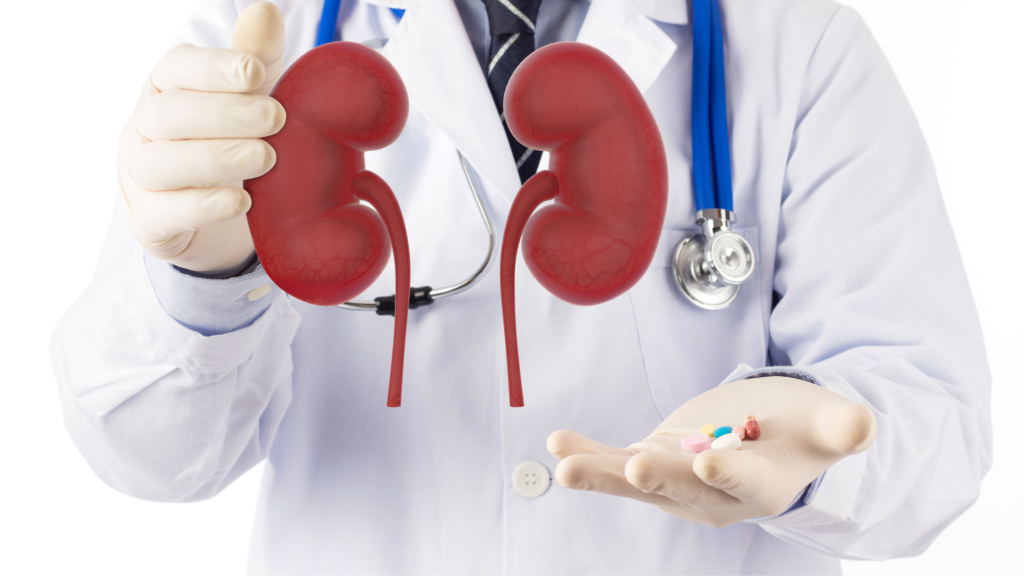1. Keep Blood Pressure and Blood Sugar Under Control
High blood pressure and diabetes are the leading causes of kidney disease. Regular monitoring and a balanced lifestyle can help prevent long-term damage.
- Eat less salt and avoid processed foods.
- Exercise for at least 30 minutes daily.
- Take medications as prescribed by your healthcare provider.
When your blood sugar and pressure stay within normal range, your kidneys don’t have to work overtime.
2. Drink the Right Amount of Water
Water helps flush toxins from your body, but balance is key. Drinking 2 to 2.5 litres of water per day suits most healthy adults. Too little water can cause dehydration; too much can stress weak kidneys. Adjust your intake according to your activity level and climate.
3. Choose a Kidney-Friendly Diet
What you eat plays a major role in kidney health.
- Focus on fresh fruits, vegetables, and whole grains.
- Limit red meat, salty snacks, and instant foods.
- Avoid sugary drinks and sodas high in phosphate.
A diet low in sodium and processed ingredients supports both your heart and kidneys.
4. Avoid Smoking, Alcohol, and Unnecessary Painkillers
Smoking narrows blood vessels and reduces kidney blood flow. Alcohol and over-the-counter painkillers like ibuprofen or diclofenac can harm kidney cells if used regularly. Always follow medical advice before taking any long-term medication.
5. Get Regular Health Check-ups
Kidney disease develops slowly and often without symptoms. Simple tests — such as blood pressure, blood sugar, serum creatinine, and urine protein — can detect problems early.
People with diabetes, hypertension, or a family history of kidney issues should check their kidney function at least once a year.
6. Watch for Early Warning Signs
Consult a healthcare professional if you notice:
- Swelling in the legs or face
- Persistent tiredness or poor appetite
- Foamy or reduced urine
- Shortness of breath
Catching these signs early can prevent major complications and reduce the risk of dialysis.
Conclusion
Protecting your kidneys doesn’t require major changes — it starts with everyday choices. Eat well, stay hydrated, avoid smoking, and go for regular check-ups. With awareness and consistency, you can keep your kidneys healthy for life.


